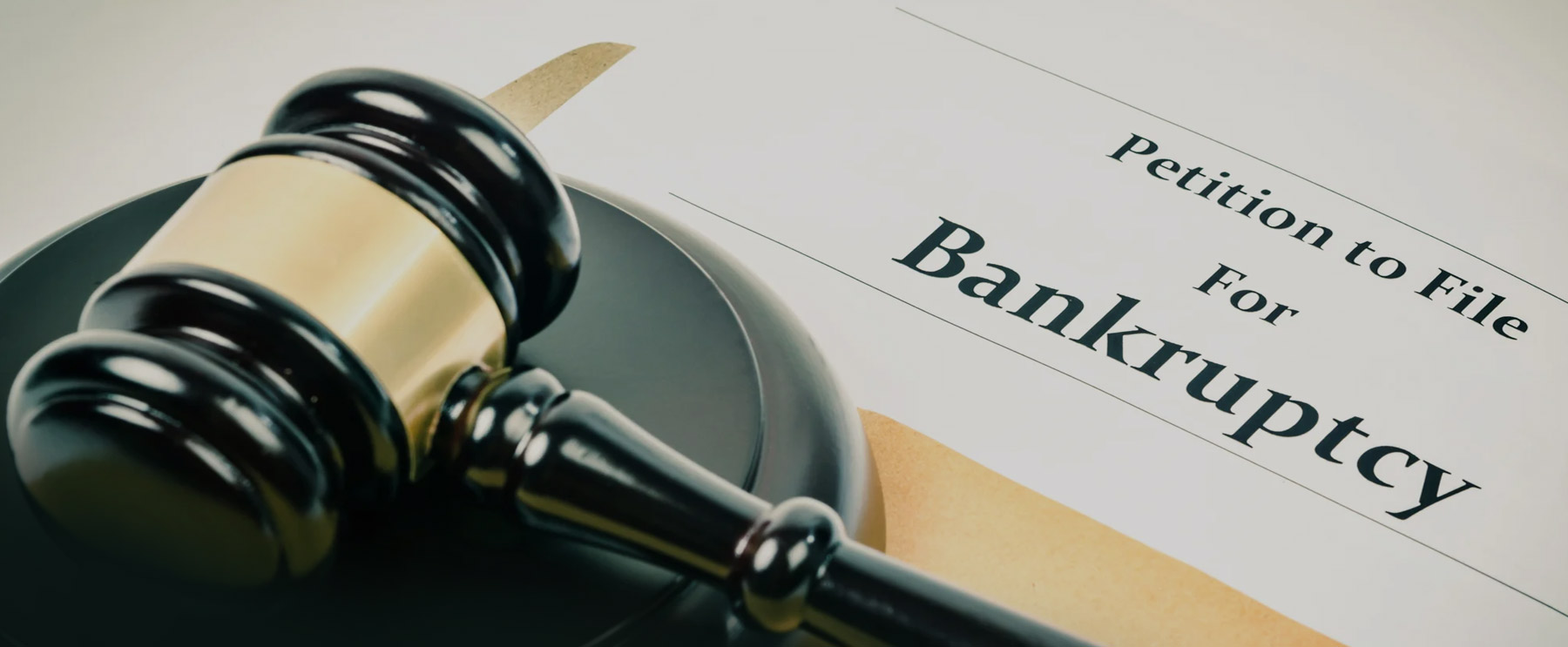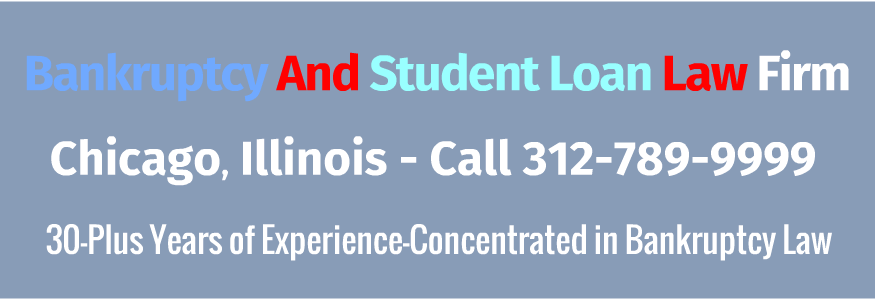What is the difference between Chapter 7 and Chapter 13 Bankruptcy?
Chapter 7 Bankruptcy allows you to eliminate “unsecured” debts such as credit card and medical bills, and utility bills, while allowing you to keep certain property. In most cases, people may keep their personal belongings, and their home, and car. Chapter 13 Bankruptcy is a court-ordered payment plan which allows you to keep property by catching up in any payments that you are behind, and by paying the rest of your bills in a percentage, over 3 to 5 years, depending on what your family can afford. It is best to get legal advice from an experienced bankruptcy attorney to find out the best way to proceed based on your unique situation..
If I file Chapter 7 bankruptcy, will I still have to make my car payments or home mortgage payments?
Yes. You must continue making payments for a “secured” loan, or note in order to keep your home, car, or financed furniture.
I am behind in my mortgage payments. Can I prevent or stop a foreclosure action by my mortgage company?
Yes. You need to act quickly to file a chapter 13 Bankruptcy to develop a plan to catch up. There are certain deadlines, and if you do not file your case in time, you could lose your home. The sooner you call an experienced bankruptcy attorney, the better. If you do not call right away, you could lose your chance to protect your rights and save your home.
How much does it cost to file Bankruptcy?
It depends on the type of case that you will need, and the amount of work involved. In all cases, we will set up a payment arrangement that you can afford based on your specific case. You can call us for a free phone consultation, and then schedule an appointment for a free in-person consultation with an experienced attorney. At that meeting, we will provide a “flat fee” quote and make an easy payment plan that you can afford. Chapter 13 cases generally involve a low down payment to start the case, with the majority of the fees to be paid in the plan. Chapter 7 cases involve an affordable payment arrangement for your attorney fees.
How long does it take to file a Bankruptcy case?
You must call immediately to get an appointment for a free consultation. There are several required steps needed before you can file. Call now. If you delay, you could lose money and/or property.
How long does a Bankruptcy case take from beginning to end?
Chapter 7 cases typically last 5 to 6 months and, as soon as your case is filed with the court, and through the whole process, you are protected from your creditors. This means that your bill collectors cannot call you, threaten you, take money from your paycheck, or take you to court. If the bill collectors do call you, you can tell them to call your attorney, and the calls will end.
Chapter 13 cases typically last between 3 and 5 years, or the length of the payment plan to your creditors. They could end sooner if all of your bills are paid in full.
My utility company is threatening to cut off my service or has already cut off my service for my light, gas, phone or heat. Can I stop the cutoff or restore my service?
Yes. Bankruptcy, either Chapter 7 or Chapter 13 will restore your service, or prevent cutoff. We can file your case and notify the utility. They will then restore your service. The utility will then set up a new deposit arrangement, and you will be able to pay for your utility service, for future services. Past-due bills will be included in your Bankruptcy case.
My car has been booted and/or towed by the city for unpaid parking tickets. Can I get it back?
Yes. Filing a Bankruptcy case, either Chapter 7 or Chapter 13, will help you prevent a boot or release the boot and retrieve your vehicle. The underlying parking tickets will not be discharged, however, and will need to be paid later.
My driver’s license was suspended for a car accident. Can I get my license back?
In most cases, yes. A Bankruptcy can release or prevent a license suspension for an auto accident money judgment. Bankruptcy will not lift suspensions for traffic, criminal, or Driving While Intoxicated offenses. In that case, you would need to speak to an attorney experienced in criminal defense matters. If you have questions relating to criminal, traffic, or DWI, we may be able to refer you to an attorney experienced in these matters.
My wages are being garnished, and money is coming out of my paycheck. Will bankruptcy stop the money from coming out of my paycheck?
Yes. Once the bankruptcy case is filed, either Chapter 7 or Chapter 13, your employer must stop most deductions from your paycheck. We can file your case immediately to stop most deductions, except for child support, most taxes or 401(K) loans, and you can keep the money in your pocket.
Will I lose my home in a Bankruptcy?
With the right legal advice from an experienced bankruptcy attorney, you will not lose your home. In a Chapter 7 case, each state has a different amount of equity that you are allowed to protect, or exempt, in a Bankruptcy. In a Chapter 13 case, you may keep your home, and make monthly payments to catch up in any payments that you missed, based on your budget.
You need to get legal advice from an experienced attorney to find out the best way to proceed based on your unique situation. An attorney from the Law Offices of Daniel Winter will be able to give you the best course of action to protect your home.
Will I be able to get credit after a Bankruptcy?
Yes. After Chapter 7 Bankruptcy, many credit card issuers and other lenders will extend credit. Many people are able to buy homes and cars on credit soon after bankruptcy also.
Will I be able to buy a home after Bankruptcy?
Yes. Many mortgage lenders will qualify you for a home loan after Bankruptcy if you meet other qualification standards. A bankruptcy alone does not disqualify you from getting a home loan.






